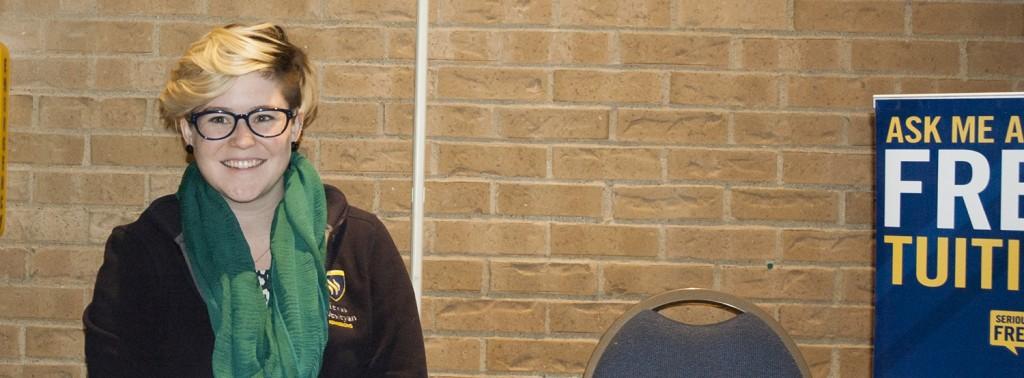By Jalyn Sneed/reporter
College, a place of learning, maturing, connecting with others, achieving lifelong goals and … a place for bullying?
It was shocking when a good friend said he witnessed another student making fun of someone who has a disability. How ridiculous is it for young adults to tease and make jokes about one another. Elementary, junior high and high school days are over.
As college students, we should recognize the serious effects that teasing and making fun of others can have. Some people may say, “I’m not physically hurting the other person, so this can’t be bullying.” Bullying is so much more than physical abuse alone.
As a matter of fact, there are several kinds of bullying: social, cyber, emotional and verbal. While some people may find laughing at a guy’s hair in class no big deal, it is indeed a form of bullying. Consider how it might make the other person feel. The truth is, most people don’t like to be laughed at, and if it were happening to the people laughing, they’d probably feel the same way.
In 2010, Tyler Clementi was an 18-year-old student at Rutgers University when he became a victim of cyberbullying. Tyler’s roommate spied on him with a webcam while he engaged intimately with another guy in his dorm room. After his roommate publicly posted the video online and Tyler discovered it, Tyler took his own life by jumping off of the George Washington Bridge. Clearly, what Tyler’s roommate thought would be a harmless “joke” led to the death of another person. Tyler’s roommate, Dhurun Ravi, was convicted with 15 criminal counts as a result.
Armando Villa, a 19-year-old student from California State University-Northridge, was blindfolded and forced with a group of students to walk 18 miles in the Angeles National Forest. Armando was found barefoot afterward with bloody feet and had run out of water. Armando died as a result of his fraternity pledge hike. Pi Kappa Phi chapter was suspended because of the hazing.
We, as college students, can’t overlook the effects that any form of bullying can have on others. Whether it’s laughing at the way someone talks, joking about a person’s ethnicity or blasting someone on Facebook, it’s not “just a joke.” No matter what age the person is, it can hurt. College should be a place where students can prepare for the future in a bright, comfortable environment and be encouraged by their peers, not teased or humiliated.



























